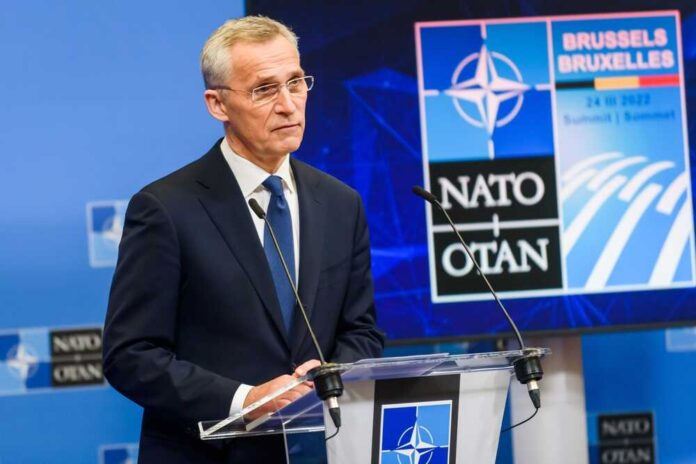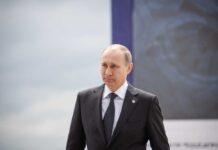NATO allies last week agreed to initiate a €100 Billion plan for long-term military support for Ukraine. However, the proposal presented by Secretary-General Jens Stoltenberg drew mixed reactions from foreign ministers, Reuters reported.
Stoltenberg proposed a 5-year, €100 Billion military aid package that would give NATO member states a more direct role in providing support to Kyiv in its war against Russia.
The Secretary-General argued that NATO needed to ensure that its security assistance to Ukraine was more predictable and reliable in the long term by offering more “multi-year pledges” rather than “short-term offers.”
However, some NATO foreign ministers argued that such a long-term fund would be difficult to put together.
Hungary’s Foreign Minister Peter Szijjarto said his country would not support any proposal that could “draw the alliance closer to war” or shift its focus “to an offensive coalition.”
Stoltenberg insisted that the proposal would not change NATO’s defensive nature and said NATO would address Hungary’s concerns in the coming weeks.
Spain’s Foreign Minister Jose Manuel Albares said some ministers expressed concerns over duplicating efforts between NATO aid and its bilateral aid with the European Union.
Italian Foreign Minister Antonio Tajani said NATO ministers would have to see how the proposed plan would work “country by country,” including what percentage each country was expected to pay.
However, not all of the ministers were critical of the plan.
German Foreign Minister Annalena Baerbok described it as “right and important.” Latvia’s Krisjanis Karins also lauded the proposal and suggested that the percentage each country paid into the plan should be a percentage of its GDP.
Under Stoltenberg’s proposal, NATO would take over some of the coordination currently handled by the United States-led coalition the Ramstein group. This would give NATO a more direct role in coordinating the supply of weapons, ammunition, and military equipment, in case there are any cuts in US support if Donald Trump retakes the White House in 2024.


















